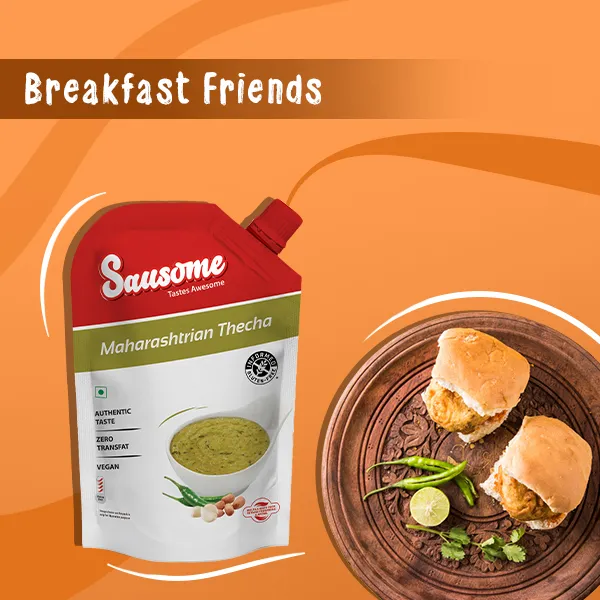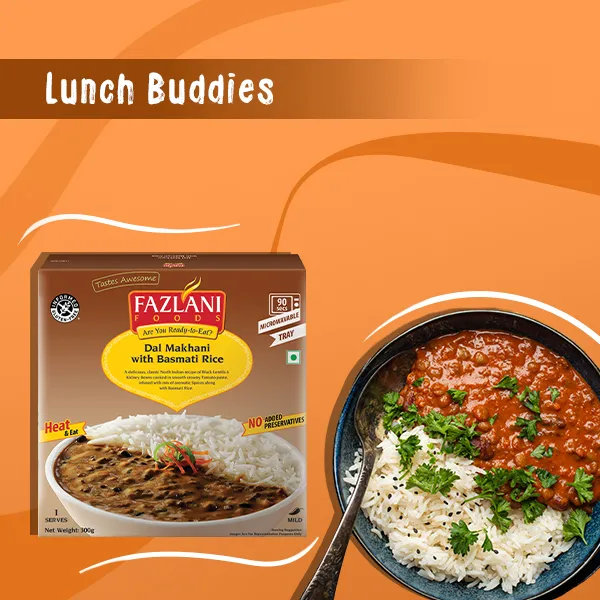Bringing a new puppy into your home is an exciting journey, and for those captivated by their charm and versatility, searching for “Munsterlander Puppies For Sale Near Me” is often the first step. The Munsterlander, a distinguished gun dog originating from Germany, is cherished for its intelligence, affectionate nature, and striking appearance. Whether you’re drawn to the smaller or larger variety, understanding what makes this breed special and how to find a reputable breeder locally is crucial for a happy, healthy future with your new companion. This guide will walk you through the essential steps to ensure you find a well-bred Munsterlander puppy that’s the perfect fit for your family.
Understanding the Majestic Munsterlander Breed
Before diving into the search, it’s vital to appreciate the unique qualities of the Munsterlander. This breed comes in two distinct sizes: the Small Munsterlander and the Large Munsterlander, both known for their beauty, intelligence, and impressive hunting abilities.
History and Purpose
Both Munsterlander varieties were developed in Germany as versatile hunting dogs, adept at pointing, retrieving, and tracking game. Their keen senses, coupled with an eager-to-please attitude, made them invaluable companions for hunters. Today, while still excelling in field sports, they have also become beloved family pets due to their gentle disposition.
Temperament and Characteristics
Munsterlanders are known for their friendly, loyal, and intelligent nature. They thrive on companionship and are generally good with children and other pets when properly socialized. Their high intelligence means they are highly trainable, though they do require consistent mental and physical stimulation to prevent boredom. They possess a strong prey drive and an adventurous spirit, making them ideal for active families or individuals who enjoy outdoor activities.
Small vs. Large Munsterlander
The Small Munsterlander (Kleiner Münsterländer) is a medium-sized dog, typically weighing between 40-60 pounds and standing 19-22 inches tall. They are characterized by their liver and white coat, often ticked or spotted. The Large Munsterlander (Großer Münsterländer) is a larger breed, generally 50-70 pounds and 23-26 inches tall, with a black and white coat, also often ticked or patched. While both share similar temperaments, the Large Munsterlander might require slightly more space and exercise due to its size.
Navigating the Search: Munsterlander Puppies for Sale Near Me
Finding a Munsterlander puppy, especially one “near me,” requires diligent research and a commitment to responsible breeding practices. This section will help you identify reputable sources and avoid common pitfalls.
Why “Near Me” Matters
Searching for breeders “near me” offers several advantages. It allows you to visit the breeder’s facility, meet the parent dogs, and observe the puppies in their living environment. This hands-on experience is invaluable for assessing the breeder’s standards, the puppies’ health, and their early socialization. Proximity also simplifies future visits for potential health checks or picking up your new puppy.
Identifying Reputable Breeders
A reputable Munsterlander breeder will prioritize the health, temperament, and well-being of their dogs above all else. Here’s what to look for:
- Health Clearances: They will readily provide proof of health clearances for both parent dogs, checking for common breed-specific issues such as hip and elbow dysplasia, eye conditions, and cardiac health.
- Knowledge and Transparency: A good breeder will be knowledgeable about the breed’s history, temperament, and health concerns. They should be transparent about their breeding practices, openly answer your questions, and allow you to see where the puppies are raised.
- Parentage: You should be able to meet the mother dog and, ideally, the father. This gives you insight into the temperament and physical traits your puppy might inherit.
- Limited Litters: Responsible breeders typically breed only a few litters per year, focusing on quality over quantity.
- Socialization: Puppies should be raised in a clean, stimulating environment and show signs of early socialization, being comfortable around people and sounds.
- Contracts and Guarantees: Expect a written contract that outlines health guarantees, spay/neuter agreements, and a commitment to take the puppy back if it doesn’t work out.
 A healthy Munsterlander puppy playing outdoors
A healthy Munsterlander puppy playing outdoors
Avoiding Puppy Mills and Scams
Unfortunately, not all breeders operate ethically. Be wary of:
- High-Volume Breeders: Those who always have puppies available or offer multiple breeds.
- No Health Guarantees: Breeders unwilling to provide health clearances or offer a written guarantee.
- Reluctance to Show Facilities: Breeders who insist on meeting in a neutral location or won’t let you see where the puppies are kept.
- Online-Only Sales: Be extremely cautious of breeders who only conduct business online and won’t allow in-person visits.
- Unrealistic Pricing: While Munsterlander puppies are an investment, exceptionally low or high prices can be red flags.
Munsterlander Rescues & Adoption (Alternative Options)
While your primary search might be for “Munsterlander puppies for sale near me,” consider adoption. Breed-specific rescues for Small and Large Munsterlanders exist and often have adult dogs or even puppies seeking loving homes. This can be a rewarding alternative, offering a second chance to a dog in need.
Preparing for Your New Munsterlander Puppy
Once you’ve found a reputable breeder and selected your puppy, preparation is key to a smooth transition.
Home Setup Essentials
Before your Munsterlander puppy arrives, ensure your home is ready. This includes:
- Crate: A comfortable, appropriately sized crate for training and safe resting.
- Food and Water Bowls: Stainless steel or ceramic are recommended.
- High-Quality Puppy Food: Consult with your breeder or veterinarian for recommended brands specific to large breed puppies if applicable.
- Leash and Collar: Start with a lightweight collar and leash for early training.
- Toys: A variety of durable toys for chewing and play to keep your puppy entertained.
- Designated Space: A quiet, safe area for your puppy to retreat to.
 A happy Munsterlander puppy chewing on a toy
A happy Munsterlander puppy chewing on a toy
Early Socialization and Training
Munsterlanders are intelligent and eager to please, making them responsive to training. Start basic obedience commands and house-training immediately. Early socialization, exposing your puppy to various sights, sounds, people, and other vaccinated dogs, is crucial for developing a well-adjusted adult dog. Puppy classes are an excellent way to achieve this.
Veterinary Care and Nutrition
Schedule a vet visit within the first few days of bringing your puppy home. Your veterinarian will establish a vaccination schedule, discuss deworming, flea and tick prevention, and offer guidance on the best nutrition plan for your growing Munsterlander. Proper nutrition is critical for their development, especially for larger breeds to prevent joint issues.
The Lifelong Bond: Raising a Healthy Munsterlander
The commitment to a Munsterlander puppy extends far beyond their first few months. These active and intelligent dogs require ongoing care to thrive.
Exercise Needs
Munsterlanders are active dogs that require significant daily exercise. This includes brisk walks, runs, fetching games, or engaging in dog sports like agility or flyball. Without sufficient exercise, they can become bored and destructive. Their strong hunting instincts also make them excellent partners for activities like hiking and exploring.
 A Munsterlander puppy on a leash during a walk
A Munsterlander puppy on a leash during a walk
Grooming
Their medium-length, dense coat requires regular brushing (2-3 times a week) to prevent mats and reduce shedding. Pay special attention to the feathering on their legs, tail, and ears, which can tangle easily. Regular ear cleaning is also important to prevent infections, especially for dogs with floppy ears.
Continued Training
Given their intelligence, Munsterlanders benefit from continued training throughout their lives. This can involve advanced obedience, scent work, or participation in hunting trials. Consistent mental engagement is just as important as physical exercise for this breed.
Conclusion
Finding “Munsterlander puppies for sale near me” is the start of an incredible adventure. By focusing on reputable breeders, understanding the breed’s specific needs, and committing to responsible ownership, you ensure a strong, healthy foundation for your new family member. The Munsterlander’s loyalty, intelligence, and affectionate nature promise a rewarding partnership for many years to come. Remember, patience and thorough research are your best allies in this journey.
For more insights into responsible pet ownership and specific breed care, explore our other comprehensive dog care guides on Dog Care Story!
References
- American Kennel Club (AKC): www.akc.org
- Small Munsterlander Club of America: www.smca.org (Note: Actual website may vary, used for illustrative purposes)
- Large Munsterlander Club of America: www.lmca.org (Note: Actual website may vary, used for illustrative purposes)
- Veterinary Medical Associations (e.g., AVMA for general pet health guidance)
